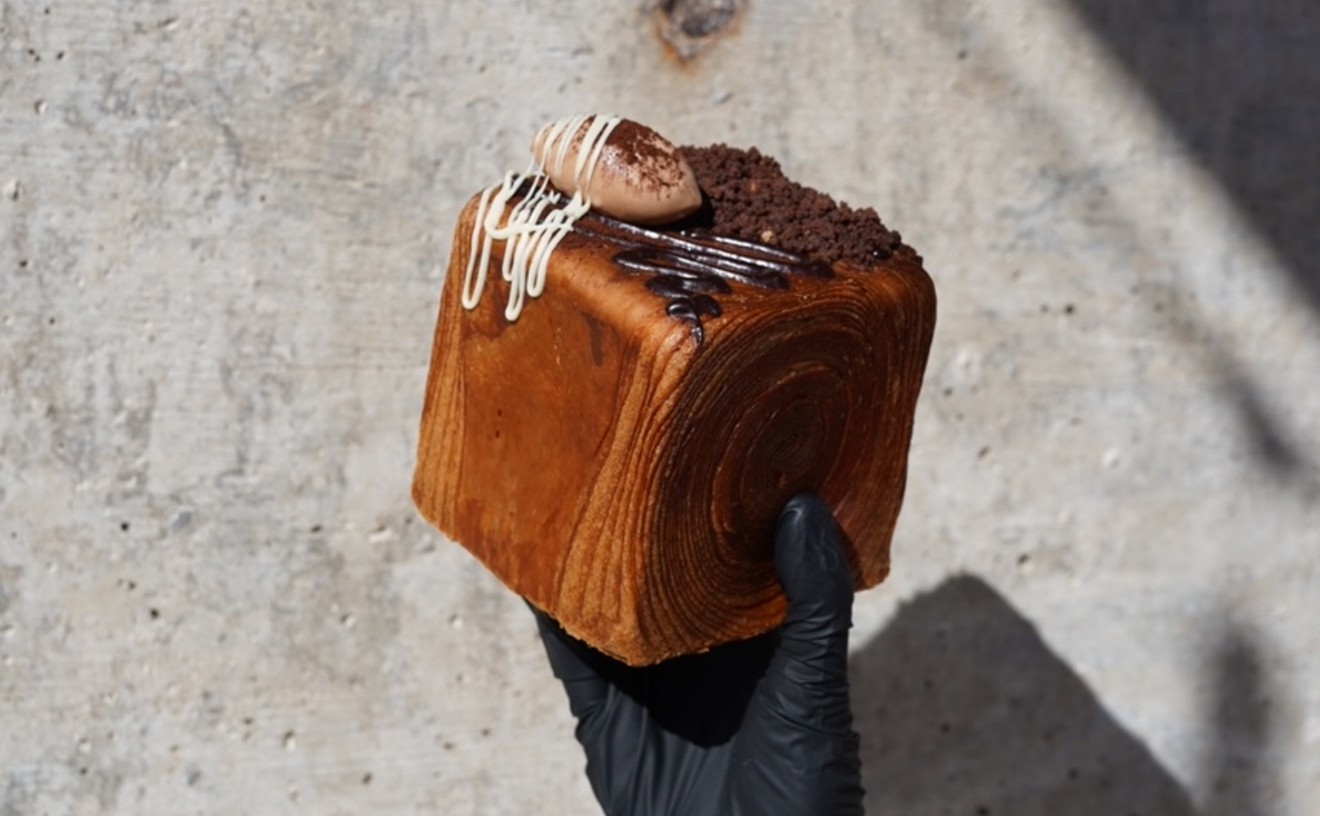My discovery of Camembert took place at an unmarked crossroads — one of late adolescence and early adulthood. I could have gone either way. It was a shaky yet impressionable time. The place was Normandy, France. The year was 1973. It took an afternoon. It included a nap. It involved a rain shower.
As a kid growing up in the '50s in Ireland, I never ate Camembert. We rarely ate cheese, but we knew well the taste of good bread and butter — which is halfway to knowing good cheese.
It took the 1960s and the likes of American writers like Jack Kerouac and Ken Kesey for me to experience Camembert. Inspired by these gods, I sought my education on the less traveled highways and byways of rural France and Spain.
I had been living in the Spanish Basques country, teaching English to engineers, showing them how to decipher the technical language of nuclear power manuals. Heady stuff.
My students were, for the most part, a bored lot with limited attention spans. We would often forsake the classroom at their invitation and retreat to the safety of a local bar, where we would drink cheap wine and eat wild-mushroom pinchos, and, so inspired, they would transform themselves from dour, pencil-pushing engineers by day to dashing quixotic dreamers of the night, and they would then teach me the poetic slang of the street. The more I drank, the more I learned — or so it seemed to me at the time.
Summers were mine, and I would take off like a bird with a pack and either glide south to Andalucía or pick my way north to wander the length and breadth of France. And so it was that here in Normandy, one random afternoon, I attained that rare state of being known as "Camembert."
It is said that only a fortunate few achieve the esteemed state of Nirvana during their lifetimes. I can tell you that on that day, I achieved Camembert. It was the culinary equivalent of Nirvana. A hedonist's state of extreme elevation. More savory than spiritual. More salivation than salvation. I'll take it any day.
It was an autumnal day, I recall. I had my ripe Camembert and baguette safely lodged in my pack. The air smelled of sweat and tobacco, diesel and manure. The emissions from these regional items managed to overcome the precocious odor of my cheese.
I was sitting comfortably cramped, riding shotgun in a ramshackle van belonging to the gentleman responsible for the above smells. The sweat and tobacco were his alone, the diesel and manure came from his van. The manure was his official load; I was a rider he'd kindly picked up.
I didn't want to go far. Lunch was the closest thing on my mind. We were traveling through gorgeous fruit and cattle country. I had my eyes peeled for a suitable field. As soon as one came into view, I mumbled and mimed in my miserable French something like, "I go now. I have picnic." I unzipped my pack and displayed the cheese as a way of explaining my intention. He said something that I didn't understand; maybe it was "Look, I'd love to join you, but I've got to shovel this heap of shit."
He pulled over, and as I was getting out, he pressed a bottle into my chest and uttered with fermented-apple breath through tobacco-stained stubble, "Take it. It's from my house — ma maison, ma maison."
It was all I understood. I said my thank-yous and we shared our goodbyes. I stood there alone with my pack, excited and hungry. I listened to the country and watched as the tiny van and its rusty, rattling parts faded into the afternoon sun.
I walked into the quiet of that French afternoon and into a freshly cut field, where I spread my sheepskin that also served as tent and blanket in those days. Then there was nothing. The faint smell of fresh manure. Silence. And some bees.
I observed the Camembert as I loosened my boots. I opened the wooden box, a carefully contained chest of treasure. I opened its neatly folded coat of waxed paper, which revealed a perfect specimen underneath; like me, its paste hovered at the same crossroads between late adolescence and early adulthood. A quick glance, and then I broke through the wrinkled skin.
Oh! The perfect outer flake of plaster! The flavors inside suspended within its divine cream. Its earth akin to a freshly dug mushroom, like moist horse hair, like lightly fermented hay, it lay subdued and waiting.
I broke the bread and uncorked the bottle of cider, the gift from all of France that he had given me. I drank of the cloudy, alcoholic brew, and I ate a little and I drank some more, and I ate some more and I looked around as I drank. The little road, the cut fields, the trees — poplars in rows and apples in clusters. The breeze was on my face and my feet felt sore. I removed my boots and lay back in the warmth of my coat and fell asleep.
I awoke some time later in the afternoon to the scent of rain and felt the drops on my bare feet. Cold. And then I smelled the grass, the wet grass that the cows had eaten that had produced the milk that made the cheese that I had eaten and that the farmer had eaten and that all the people all over the country had eaten. And it was in my breath as I exhaled into that sweet air. And I understood that breath. The breath of grass. The breath of apples rotted. The breath of barnyards. The breath of life itself. Finally, I had attained Camembert.










